Vitamin B12 Deficiency: Causes, Symptoms, and Treatment
Vitamin 12 plays an essential role in the functioning of your body such as production of your red blood cells and DNA, as well as the proper functioning of your nervous system.
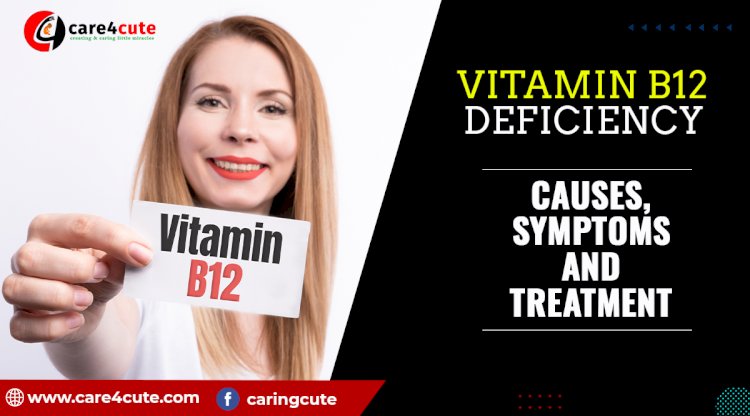
Do you get enough vitamin B12? Vitamin B12, also known as cobalamin, is an important water-soluble vitamin. It plays an essential role in the functioning of your body such as production of your red blood cells and DNA, as well as the proper functioning of your nervous system.
Since your body doesn't make vitamin B12, it is naturally found in animal-based foods, including meats, fish, poultry, eggs and dairy or other supplements. However, it can also be found in products fortified with B12, such as some varieties of bread and plant-based milk. And you should do that on a regular basis because your body doesn't store vitamin B12 for a long time. Vitamin B-12 is a water-soluble vitamin that is present in animal-based foods, such as:
- red meat
- poultry
- eggs
- dairy
- fish
How much to take in?
Its depend on your age factor, eating habits, and medical conditions. The average recommended amounts, measured in micrograms (mcg), vary by age:
- Infants up to age 6 months: 0.4 mcg
- Babies age 7-12 months: 0.5 mcg
- Children age 1-3 years: 0.9 mcg
- Kids age 4-8 years: 1.2 mcg
- Children age 9-13 years: 1.8 mcg
- Teens age 14-18: 2.4 mcg (2.6 mcg per day if pregnant and 2.8 mcg per day if breastfeeding)
- Adults: 2.4 mcg (2.6 mcg per day if pregnant and 2.8 mcg per day if breastfeeding)
Vitamin B12 deficiency symptoms
Signs and symptoms of vitamin deficiency anemia include:
- Diarrhea
- Constipation
- Tiredness
- Light-headedness
- Loss of appetite
- Pale skin
- Lack of focus
- Shortness of breath
- Swollen, red tongue
- Bleeding gums
Long-term vitamin B12 deficiency can cause:
- Confusion
- Dementia
- Depression
- Loss of balance
- Numbness and tingling in your hands and feet
Causes of vitamin B12 deficiency
Consuming a strictly vegan diet without taking vitamin B12 supplements can cause vitamin B12 deficiency. Other causes include
- atrophic gastritis
- pernicious anemia
- diseases like Crohn's disease, celiac disease, bacterial growth, or a parasite
- chronic alcoholism
- certain immune conditions likes Graves' disease or lupus; and
- long-term use of antacids or heartburn medications.
Prevention
You can prevent some forms of vitamin deficiency anemias by choosing a healthy diet that includes a variety of foods.
Foods rich in folate include:
- Dark green leafy vegetables
- Nuts
- Enriched grain products, such as bread, cereal, pasta, and rice
- Fruits and fruit juices
Foods rich in vitamin B-12 include:
- Eggs
- Fortified foods, such as breakfast cereals
- Milk, cheese and yogurt
- Meat and shellfish
Foods rich in vitamin C include:
- Broccoli
- Citrus fruits and juices
- Strawberries
- Green peppers
- Tomatoes
Most adults need these daily dietary amounts of the following vitamins:
- Vitamin B-12 — 2.4 micrograms (mcg)
- Folate or folic acid — 400 mcg
- Vitamin C — 75 to 90 milligrams
Pregnant and breastfeeding women may require more of each vitamin.
Treatment of Vitamin B12 Deficiency
Treatment involves raising your vitamin B12 levels and will vary based on the cause of your deficiency.
Your doctor may recommend:
- Shots of vitamin B12 (monthly or more often, if needed)
- Vitamin B12 supplements, in pill form or as a nasal spray
- Treatment of underlying conditions, such as Crohn's disease, celiac disease, or alcoholism
- Dietary changes

 Admin
Admin 






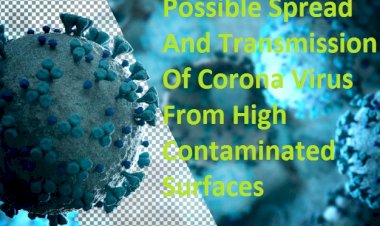





















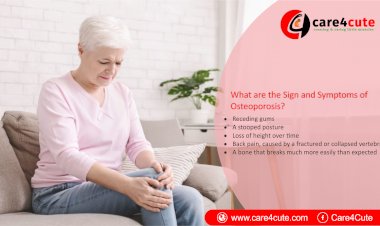
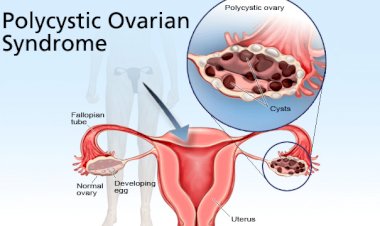
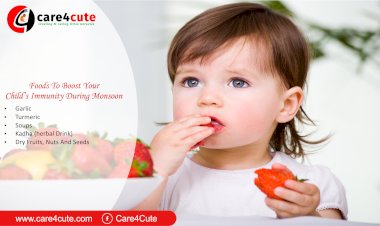


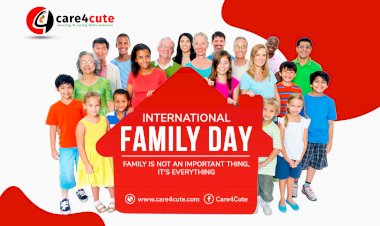
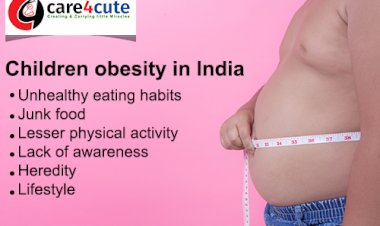
Comments (0)